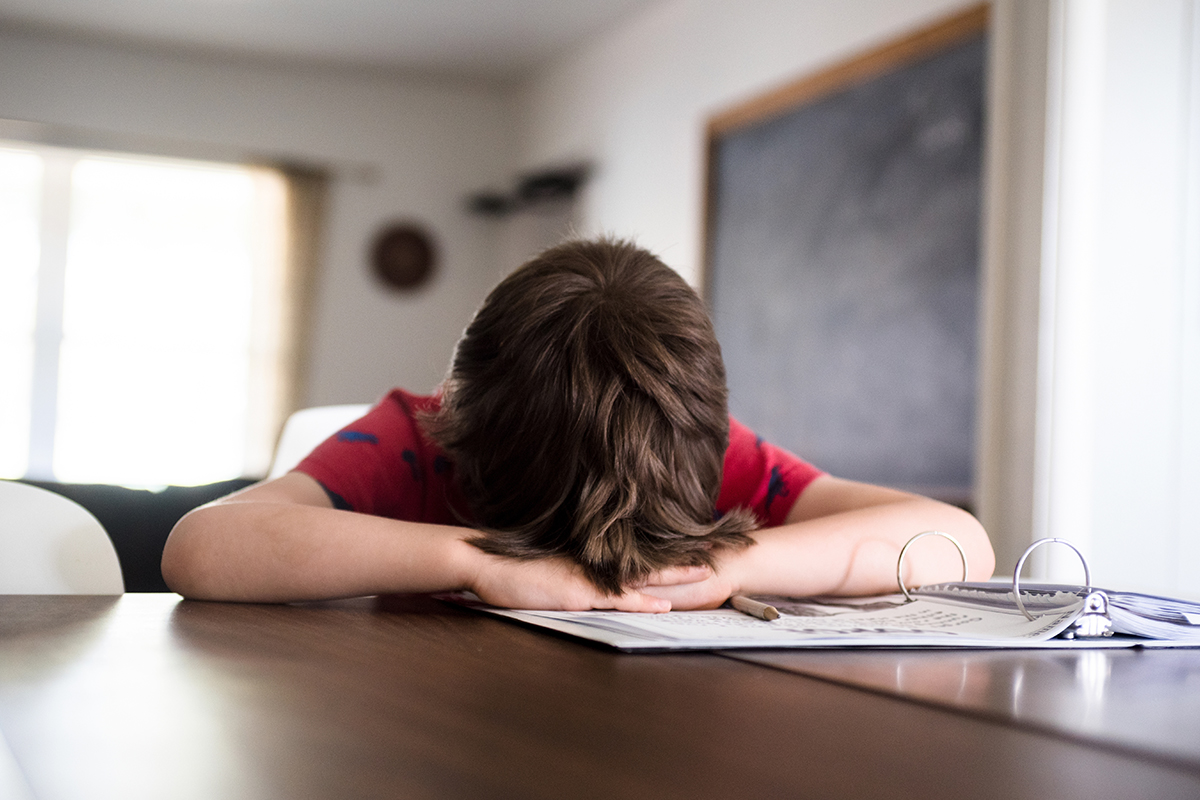The California Department of Education recently released guidelines to support local educational agencies grappling with an uptick in student misbehavior that emphasize counseling over suspension and other punitive discipline.
After more than a year of social isolation and trauma, teachers, education officials and student advocates have speculated that students are increasingly likely to return to campus with underlying mental health challenges that may result in behavioral issues.
This is likely to be especially true among students most impacted by the pandemic — low-income youth, special education, Black and Latino students in particular — who have historically also been those most impacted by exclusionary discipline policies in school.
“As we now know, suspension can do more harm than good. Sending a student home from school does not address the root cause of a student’s behavior; it removes students from the learning environment; and it has a disproportionate impact on African American students and students with disabilities, among other marginalized groups that are underperforming academically and overrepresented in our criminal justice system,” State Superintendent of Public Instruction Tony Thurmond and State Board of Education President Linda Darling-Hammond wrote in a letter to education leaders. “Collectively, we must do more to reverse the reality that our most vulnerable students are disproportionately removed from their classes.”
California has been shifting away from suspensions and expulsions in recent years and toward more holistic practices meant to address the underlying causes of student misbehavior through counseling, restorative practices and the adoption of Positive Behavioral Interventions and Supports (PBIS). In 2019, California banned suspensions in elementary and middle schools for willful defiance, defined as disrupting school activities or defying school authorities.
The guidelines summarize such shifts in law and policy related to exclusionary and other forms of discipline in K-12 schools over the past several years and includes resources where LEAs can gain a deeper understanding of alternatives to suspension or expulsion.
Key resources:
- The CDE Behavioral Intervention Strategies and Supports web page outlines where LEAs can learn about restorative justice programs, suspension data on Dataquest and the California School Dashboard and more.
- The CDE Multi-Tiered System of Supports web page provides a research-proven framework aligned to address students’ academic, behavior and social success, bringing together the Response to Instruction and Intervention and PBIS to support the whole child through a data-driven tiered approach to academic and social emotional supports.
- The CDE mental health web page includes strategies, resources and training in psychological and mental health issues, including coping with tragedy, crisis intervention and prevention, school psychology and suicide prevention.
- The CDE attendance improvement web page provides resources to address attendance improvement through prevention, early identification and intervention instead of using punitive discipline.
- The CDE Asset-Based Pedagogies web page includes resources on culturally relevant and sustaining pedagogies, which focus on the strengths that diverse student cultural and linguistic identities bring to the classroom and school community. Asset-Based Pedagogy is also a key feature in California’s State Literacy Plan.
- Addressing bias of educators is an important piece of the puzzle. In 2019–20, Black students made up 5.4 percent of public school students in California but comprised 15 percent of students who were suspended. Evidence shows that this is not because of worse behavior, but because of harsher treatment for minor offenses such as talking in class and other nonviolent behavior.
LEAs are also encouraged to invest in implicit bias training for teachers and other school staff. In 2019–20, Black students accounted for 15 percent of students who were suspended statewide despite only making up 5.4 percent of public school enrollment. Research has long shown Black youth don’t behave any worse than their peers on average but that they receive harsher punishment for minor offenses such as talking in class and other nonviolent, disruptive behavior.
“Particularly as we grapple with the immediate and post-pandemic effects of COVID-19, students and families face unprecedented challenges that will inevitably affect students’ stress levels, behaviors, and their ability to participate in school,” Thurmond and Darling-Hammond’s letter read. “Like suspensions, these challenges fall disproportionately on students of color and other marginalized groups. Separate and apart from the pandemic, our communities are crying out for support and education, not suspension. In this moment of extraordinary need, the most successful schools will partner with communities to better understand and support students’ mental and physical health needs so they are able to engage in accelerated learning at school.”





